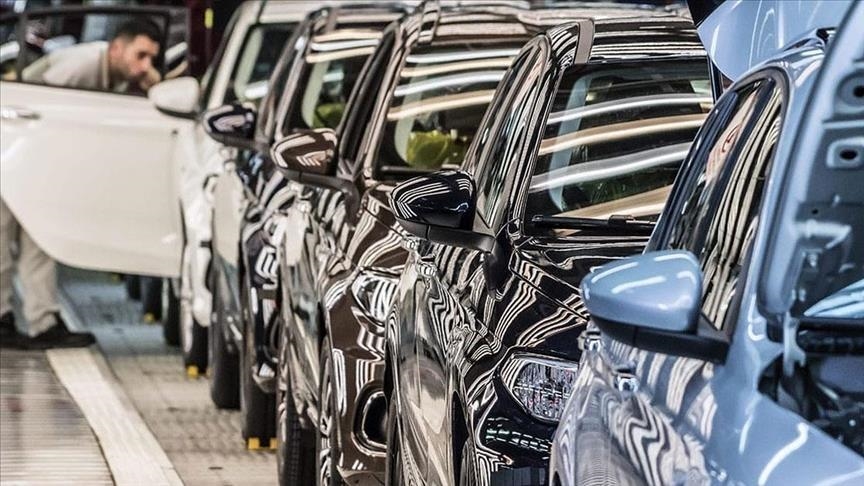The automotive market has been significantly impacted by the health crisis due to the shortage of electronic components. It also faces increasingly urgent demands to meet ecological constraints, necessitating a constant exploration of alternative solutions. Let’s focus on the automotive market.
French Automotive Market Impacted by Electronic Component Shortage
The French automotive market has remained below its pre-COVID-19 crisis level last year due to the global shortage of electronic components. The recovery is still awaited for the French automotive market. According to data released on Saturday, the French Automobile Manufacturers Committee (CCFA) recorded only 140,428 registrations of new cars in April, compared to 188,195 two years ago. Over the first four months of the year, the French passenger car market has seen a 21.48% decrease compared to the same period in 2019, with 592,219 new registrations. Semiconductors such as electronic chips are ubiquitous in cars, from the engine to ABS, airbags, parking assistance, and dashboard controls, leading some companies to shut down their factories for three weeks.
ASKA: A Flying Car Promised for 2026 and Already Available for Pre-Order
The ASKA, the flying car by the California-based startup NFT, has announced that its flying car should hit the road and sky by 2026. In anticipation of the ASKA’s launch, NFT has opened pre-orders for individuals who would like to be part of the project and be among the first to drive such a vehicle. It will cost $5,000 to reserve your flying car, a significant deposit representing less than 0.6% of the total selling price of the car upon its launch. Indeed, the ASKA is expected to sell for the hefty sum of $789,000 when it is commercialized in 2026. This amount includes the vehicle, company shares, pilot training, interior and exterior customization, as well as personalized license plates. In short, it’s far from affordable for everyone.
Tire Labeling Evolves on May 1st to Facilitate Consumer Understanding
Starting May 1st, tire labeling is evolving to be more understandable for consumers. Among the main changes, two new criteria allow consumers to know the tire’s grip level on snow and ice.
The world’s leading tire manufacturer, Michelin, has committed to producing only tires composed exclusively of sustainable materials by the year 2050. “Thanks to biomass from plant waste (wood, rice husks, leaves, and corn stalks), 4.2 million tons of wood chips could be integrated into Michelin tires each year,” said the group, which is working on this solution with Axens and IFP Energies Nouvelles. Another component of synthetic rubber, styrene, can be produced from packaging or insulation panels. Michelin has partnered with the Canadian company Pyrowave, which is working on this process and is set to launch a demonstrator in France by 2023.
The European Union Considers Alliance Between Semiconductor Manufacturers
The European Union is considering forming an alliance between several European industrial players as part of a strategy to double its production by 2030 to represent at least 20% of global production in value. STMicroelectronics, NXP, Infineon, and ASML are companies that could be interested in this project.
In the face of the shortage, which particularly impacts the automotive industry, the EU’s dependence on foreign actors becomes complex. Thus, this alliance could be envisaged as part of a pan-European program known as IPCEI for “Important Projects of Common European Interest.” IPCEIs allow states to inject funds and companies to collaborate more easily. The EU is dependent on other countries in terms of technology or production capacity and therefore wants to regain its freedom. Discussions are ongoing, and no final decision has been made.



